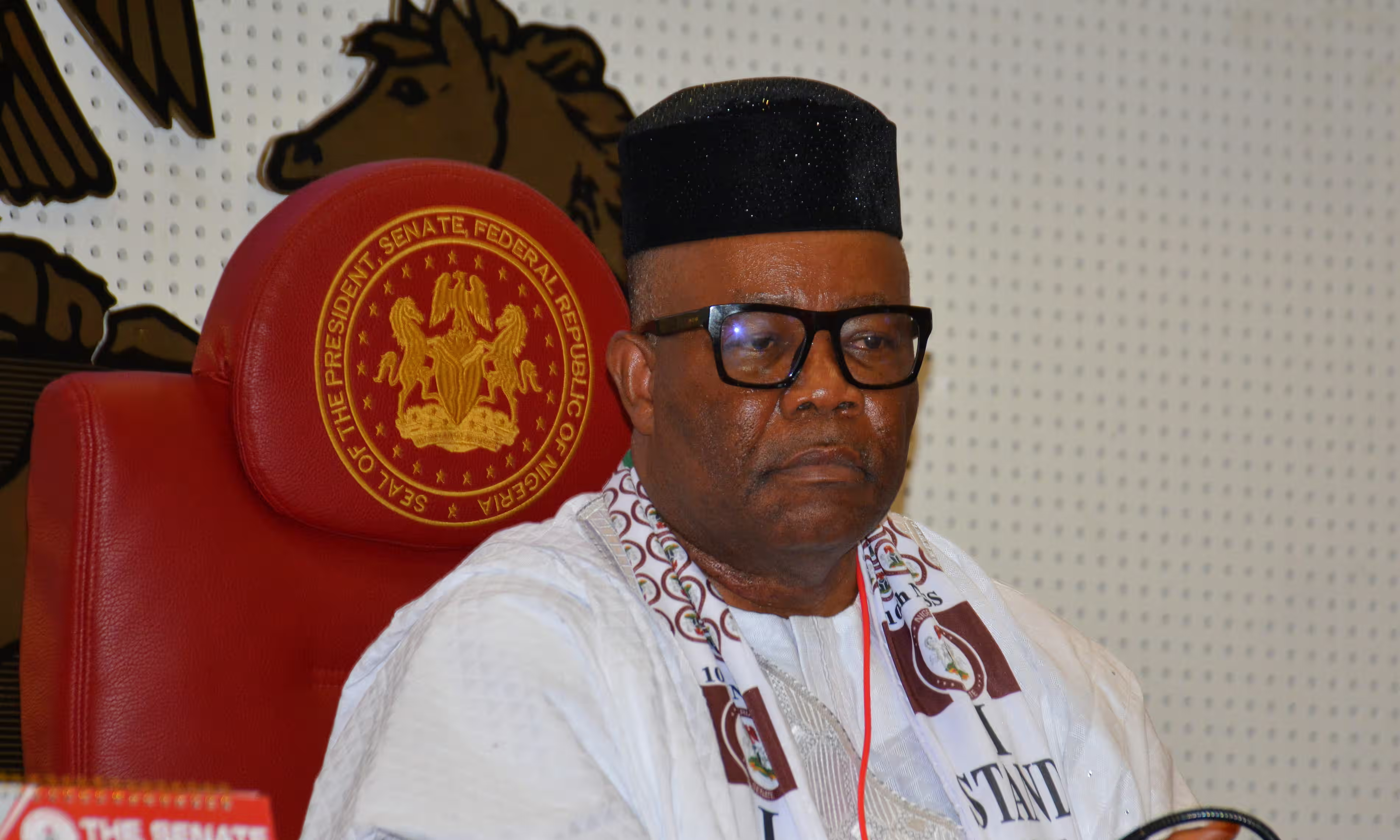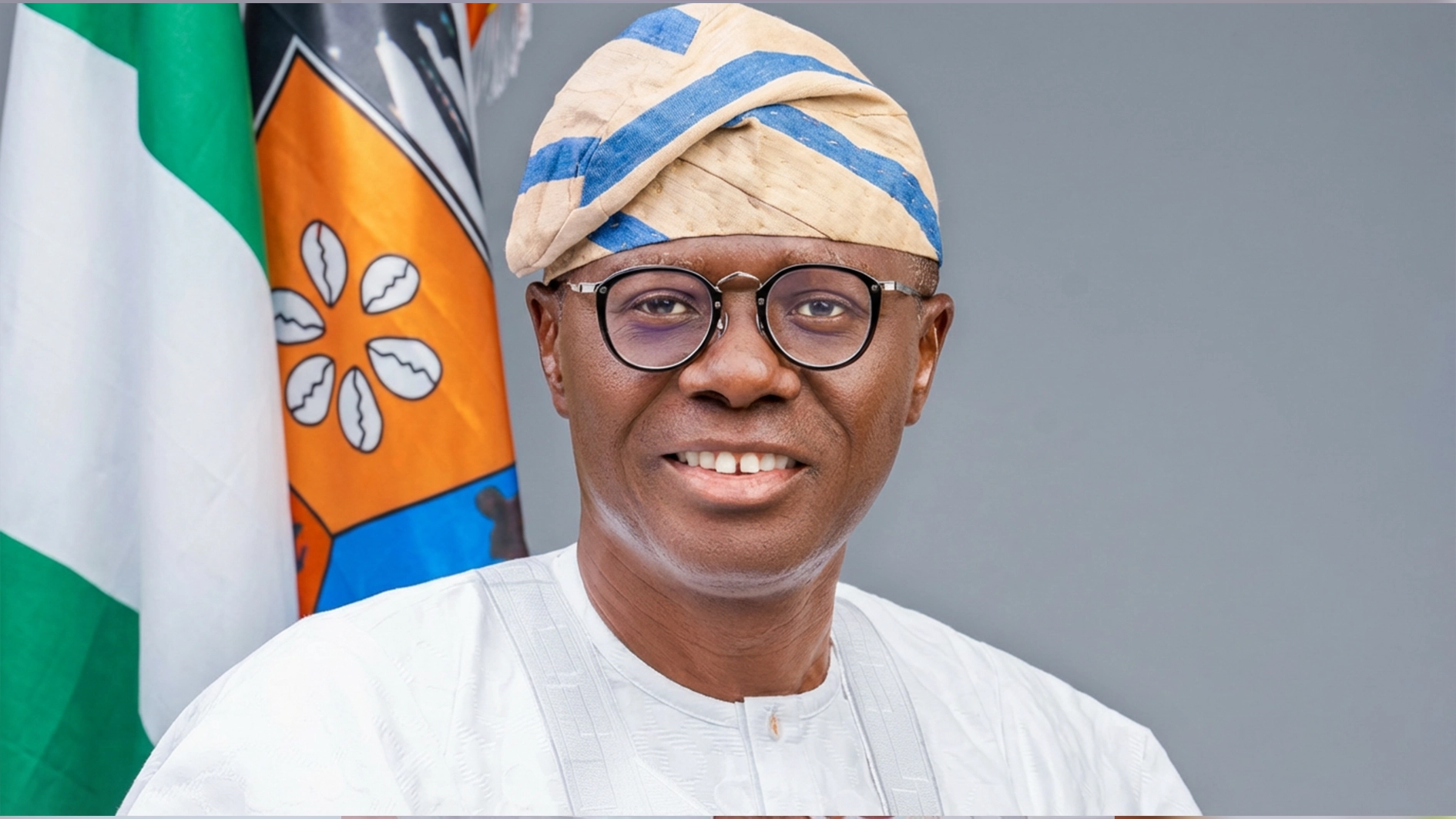
We must prioritise export to thrive, says Adebayo
To avoid losing over $20 billion in cocoa exports within three years, stakeholders are taking proactive measures ahead of the European Union Deforestation Regulation (EUDR) deadline.
Also, the Social Democratic Party (SDP) presidential candidate in the 2023 elections, Adewole Adebayo, emphasised that Nigeria could not afford to fail in international trade; hence, it must prioritise export.
The EUDR ensures that products sold in the EU are both sustainably sourced and legally produced, banning those linked to global deforestation, forest degradation and biodiversity loss. It also seeks to promote deforestation-free supply chains, reduce the EU’s contribution to greenhouse gas emissions, and protect human rights, including the rights of indigenous peoples. It took effect on June 29, 2023, with a phased-in implementation schedule, culminating in full enforcement by December 30, 2024.
Products covered under the EUDR include cocoa, palm oil, cattle, soy, coffee, timber and rubber, and their derivatives (beef, furniture and chocolate). With the EU attracting 67 per cent of cocoa exports from Nigeria, industry stakeholders say preparedness in this sector “is particularly critical.”
At a meeting in Abuja, stakeholders received the report of an EU-funded study analysing the preparedness of cocoa and its value chains to comply with the regulation.
Head of Cooperation, EU Delegation to Nigeria and ECOWAS, Massimo De Luca, stated that the EU wanted to develop a strategy that protects the environment and mitigates the effect of climate change.
“In cocoa farming, virgin land is cleared, and farmers utilise such forested lands to farm. This is why the EUDR is important to discourage deforestation, but also why the EU is here to support the local farmers with improved agro-ecological techniques and improvements in productivity,” he said.
The workshop also presented the EU’s Corporate Sustainability Due Diligence Directive (CS3D), a new legislative instrument applying to all value chains and requiring that, while conducting economic activities, companies should minimise negative environmental and social impacts.
Explaining the significance of the CS3D, Massimo De Luca added, “From water to child labour, companies need to assess risks associated with their activities and measures to remedy, including compliance with national and international standards.”
Represented by Ajayi Olutobaba, Deputy Director (Cocoa)/Member, National Cocoa Management Committee, Federal Ministry of Agriculture and Food Security, Minister of Agriculture and Food Security, Abubakar Kyari, welcomed the EU’s partnership with the ministry and the introduction of the EUDR.
According to the Cocoa Farmers Association of Nigeria (CFAN), Nigeria’s cocoa could be at risk if the Federal Government does not take the necessary legal steps to address the matter.
It, however, assured the EU that steps are being taken to comply with best practices.
AT the inauguration of the Bashir Adeniyi Centre for International Trade and Investment, hosted by the Nigerian Institute of International Affairs (NIIA), Adebayo highlighted the historical significance of trade to Nigeria’s formation.
He stressed the need to recognise the changing global landscape and adapt to emerging challenges.
Reflecting on Nigeria’s rich trading history, the former presidential candidate stated, “Anyone who wants to spend time studying the history of Nigeria knows that this country must not fail in trade because it was created out of trade.”
He urged a renewed focus on self-sufficiency, arguing that countries must produce more rather than becoming mere consumers.






